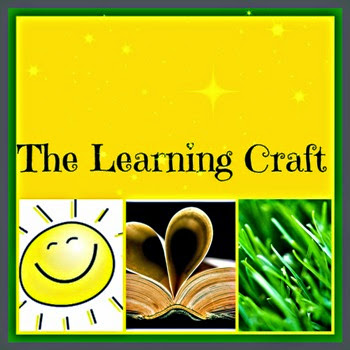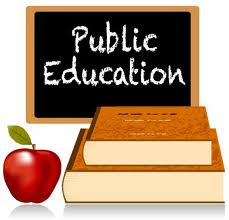
My oldest child is now 7 years old and is beginning to ask too many deep questions. Everything must make sense to him! He asks, "why do we have to celebrate Nigeria's Independence day?" I had a whole lot to explain some of which I will share with you.
Before I do, let's review the relevance of Independence day celebration to children. When children get older, they begin to put the meaning of independence in perspective. Independence is an attribute every individual strives to attain in life. Most of what parents hope to achieve with their kids is to help them gain some sort of independence....for decision taking, family-life, work, income etc. We teach our children to survive on their own and when they do so successfully, we feel accomplished having played our role in their story. The world becomes their oyster. In this, we find relief.....isn't it?
I explained that whole idea of an Independence day celebration is to mark a country's birthday. A day the citizens of a country begin to take charge of themselves. That when one becomes independent, they get a lot of freedom but it also comes with a huge responsibility. A responsibility to ensuring that the right things are done at the right time for the right reasons. My son is fond of saying that he wants to be the 'Emperor' of Nigeria; (these cartoons have definitely taken their space in his vocabulary)....meaning President. So I say to him that he should take a few minutes to think about what he can contribute to his country and to the world. And he said something that struck me......."I will make sure that every place is clean and everyone tells the truth no matter what". I wondered.....why telling the truth? How is he perceiving his country? He will often say that Nigeria is not like many others? I asked him why. He says that if everyone tells the truth, we will have a country that isn't this old looking. Old looking? You can only imagine how i felt! I stopped to think! Really, if everyone told the truth relatively enough in Nigeria, we sure will fare far better for it.
Discuss the day with children. Ask what contributions they can bring to make Nigeria better. Tell them they have to show responsibility in all things. Visit any National Heritage site if there is any close by. Explain that being patriotic does come with some price but a price that leaves a lasting legacy for their own children; and enjoy watching them giggle at the fact that they will have their own kids.


























